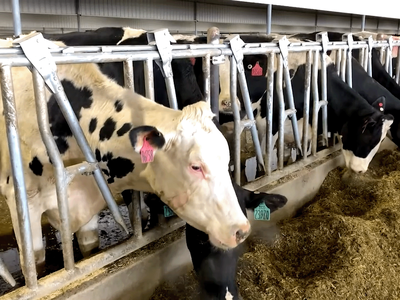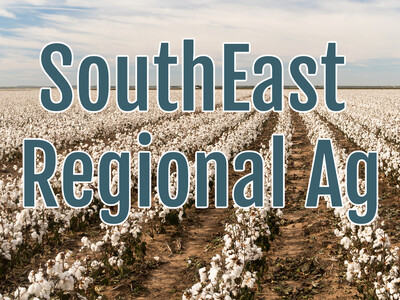Canada Neonicotinoids
Canada NeonicotinoidsCanada is the latest country to take a stand on crop pesticide application. Health Canada and Agriculture Canada's Pesticide Management Regulatory Agency announced rules governing more restricted use of Neonicotinoid.
Neo-nics, are one of the most widely used insecticides. However, the chemistry has also been shown to affect on some crop pollinators including bees.
Dr. Nigel Raine is a bee specialist and believes that Health Canada may have fallen short in limiting the new Neo-nic restrictions primarily to Horticulture applications.
"They have decided to restrict the use of three of these pesticides, particularly for spray on fruits and vegetable crops. But they haven't really changed any of the uses with regard to seed treatments which are really one of the major uses of these pesticide worldwide and in Canada."
And Dr. Raines says that most of the evidence around neo-nics is its effect on colony-bees such as honey bees. But neo-nic technology is primarily applied to seed-treatment for field crops, and this poses a problem to more than colony bees...
"Much of the information we have is around honey bees and they're actually quite unusual, because they live in colonies and might be more resilient to the impact of insecticides. There might actually be a substantial risk for ground-nesting bees, which make up most species, and spend almost all of their time in the soil, either developing as larvae, or adults digging the nests and making the next generation of bees. So that might be something that we're not thinking about enough around impacts on pollinators."
The European Union suspended the use of three neonics after a scientific review found they pose an unacceptably high risk to bees.














